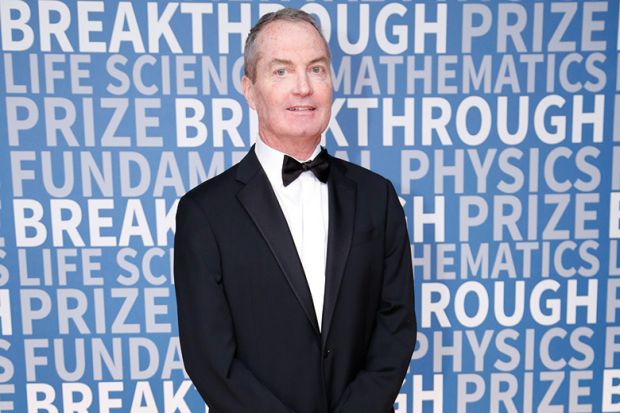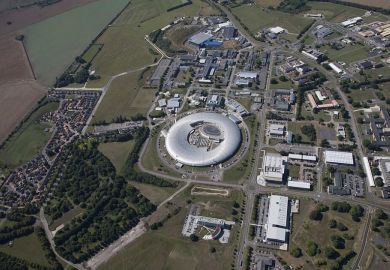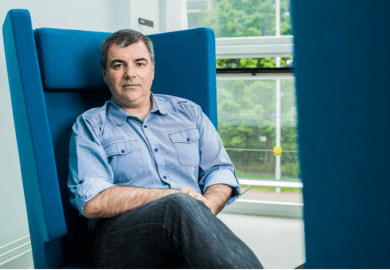One of the boldest and most innovative string theorists has died.
Joseph Polchinski was born in White Plains, New York, in May 1954 and educated in Arizona before studying for a first degree in physics at the California Institute of Technology (1975) and then a PhD at the University of California, Berkeley (1980). This led to a position as research associate at the Stanford Linear Accelerator (1980-82), two further years at Harvard University and then a professorship at the University of Texas at Austin (1984-92).
The bulk of his career, however, was spent at the University of California, Santa Barbara, where he became Pat and Joe Yzurdiaga professor of theoretical physics and a permanent member of the Kavli Institute for Theoretical Physics. Professor Polchinski was to remain there until he retired and became emeritus in 2017, the year that saw the publication of his book, Memories of a Theoretical Physicist.
Always keen to communicate his ideas to a wider audience, Professor Polchinski was also the author of a standard and often reprinted overview of String Theory (1998).
“Joe Polchinski was known throughout the physics community for his warmth, his love of cycling, his boyish sense of humour and his penetrating insights,” said Donald Marolf, professor and head of physics at UCSB. “He had an uncanny ability to take a complex problem, tear it apart into its bare elements and explain the answer in just a few words or a simple picture. In this way, he probed the most fundamental aspects of quantum fields, time and space.”
Among Professor Polchinski’s “most profound contributions”, Professor Marolf went on, were “a better understanding of how the properties of a quantum field theory depend on the length scale at which the theory is probed; the discovery that string theory contains so-called D-brane degrees of freedom with close relations to black holes; ideas for how string theory might lead to the observed acceleration in the expansion of the universe; and arguments in favour of the ‘firewall hypothesis’ that space-time itself may break down near the horizon of a sufficiently old evaporating black hole”.
In recognition for such achievements, Professor Polchinski was awarded the Dirac Medal (2008) of the International Center for Theoretical Physics, in Trieste, and the Physics Frontiers Prize (2013 and 2014). He also shared with two others the 2017 Breakthrough Prize in Fundamental Physics, worth $3 million (£2.2 million), “for transformative advances in quantum field theory, string theory and quantum gravity”.
He died on 2 February and is survived by his wife, Dorothy Chun, a professor in the department of education at UCSB, and their two sons.
Register to continue
Why register?
- Registration is free and only takes a moment
- Once registered, you can read 3 articles a month
- Sign up for our newsletter
Subscribe
Or subscribe for unlimited access to:
- Unlimited access to news, views, insights & reviews
- Digital editions
- Digital access to THE’s university and college rankings analysis
Already registered or a current subscriber?




